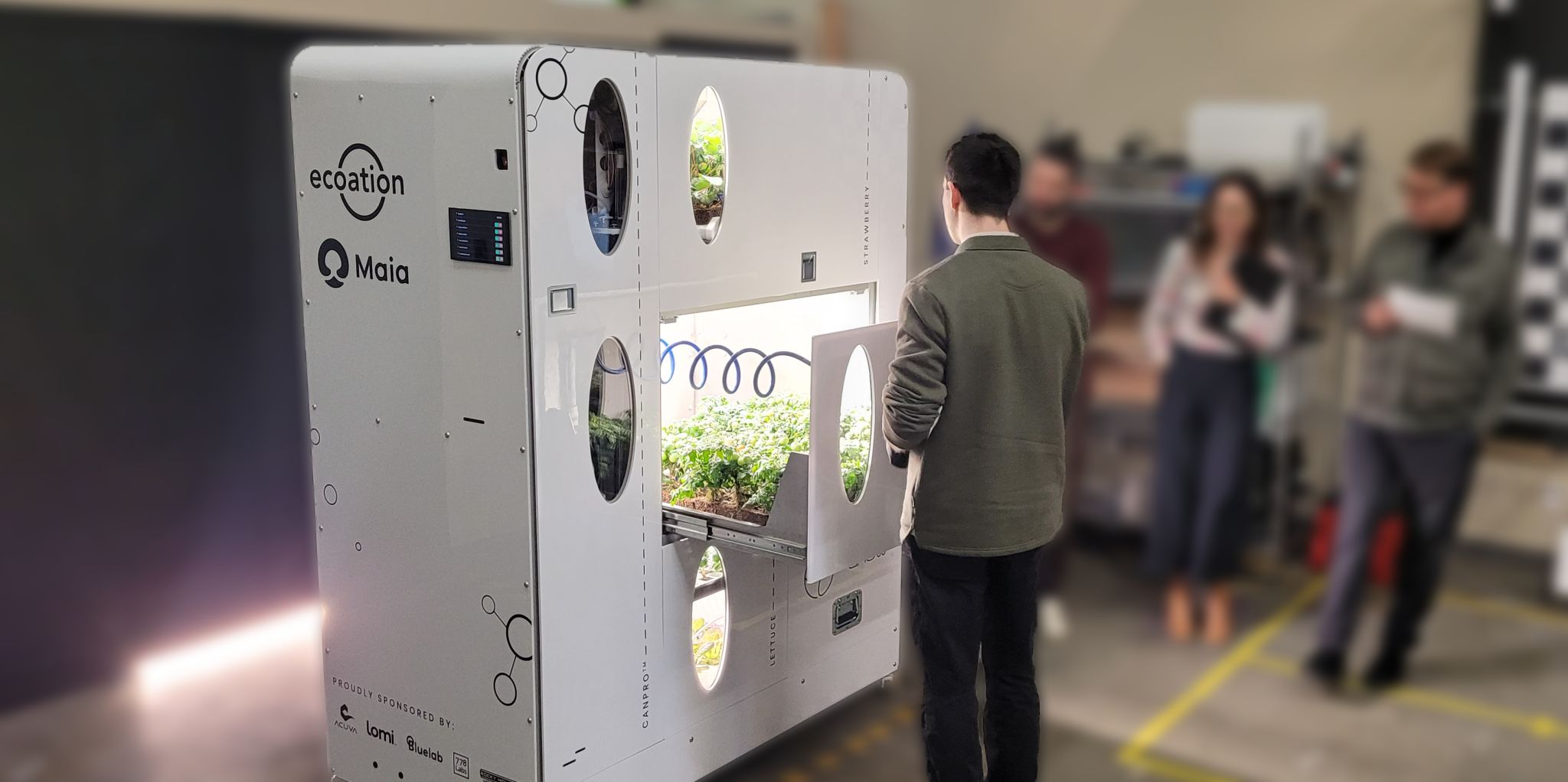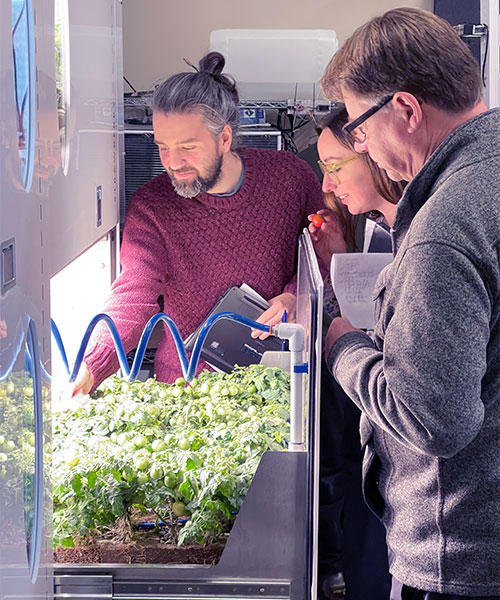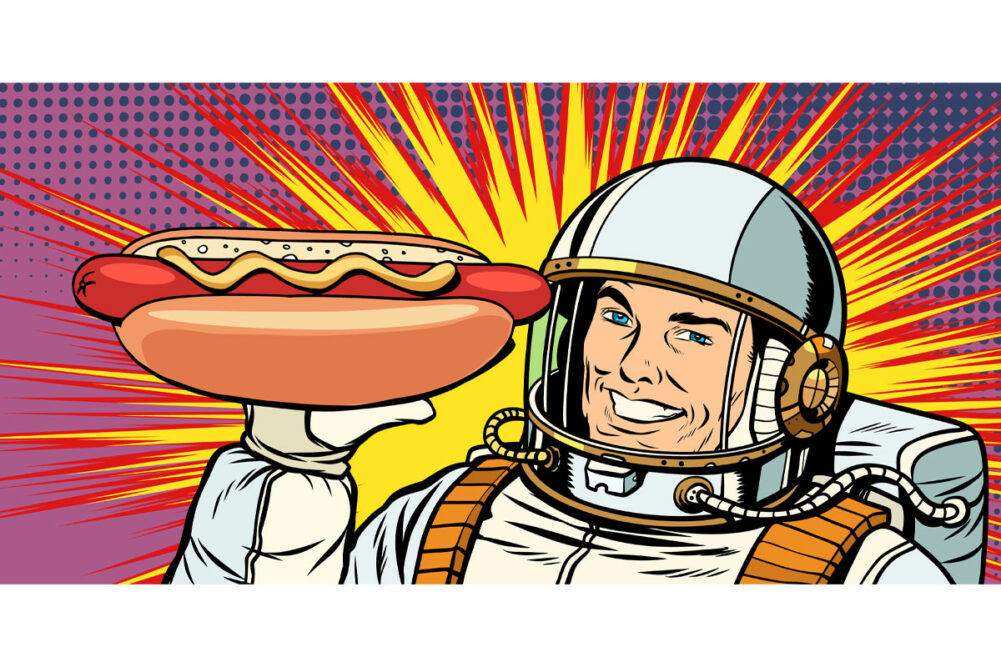NORTH VANCOUVER, BC. — The Canadian Space Agency and Impact Canada have awarded the C$380,000 Deep Space Food Challenge grand prize to Ecoation and Maia Farms. The companies’ CANGrow food system was selected from among four finalists in phase 3 of the competition.
“What started out as a starry-eyed childhood dream to grow food on the moon has become reality today,” said Gavin Schneider, chief executive officer and co-founder of Maia Farms. “More ambitious human space exploration will require the use of food production systems in space, and this project addresses a key need to fuel our journey beyond our planetary boundary.”
The challenge, held in collaboration with the National Aeronautics and Space Administration (NASA), asked participants to develop food technology solutions which could feed a crew of four astronauts over the course of a three-year, round-trip mission. Contestants’ concepts also were graded for their capabilities to create the most food while limiting inputs and waste, produce a “variety of palatable, nutritious and safe foods,” and additionally serve as a solution for increasing the availability of food on Earth.
 CANGrow a food production system developed by Ecoation and Maia Farms. Photo: Steve Humpston
CANGrow a food production system developed by Ecoation and Maia Farms. Photo: Steve Humpston“As humanity ventures further into our solar system, new challenges, such as access to nutritious food, will arise for astronauts along their journey,” said François-Philippe Champagne, Canadian Minister of Innovation, Science and Industry. “Advances in space science and technology can unlock promising solutions to improve food security on our planet.”
Combining Ecoation’s autonomous climate control and machine vision-based crop management technology with a novel mycelium protein ingredient from Maia Farms, CANGrow is able to produce more than 700 kg of food annually in a compact unit roughly the size of a wardrobe, according to the company. The technology contains four chambers to grow crops such as dwarf tomatoes, strawberries and lettuce. Each chamber is equipped with adjustable LED lights to support photosynthesis and a UV-treated hydroponic system to improve watering efficiency. The unit also holds a fifth dedicated chamber for Maia Farms’ CanPro mycelium protein and accompanying bioreactor system.
 A cluster of tomatoes grown within the CANGrow unit. Photo: Steve Humpston
A cluster of tomatoes grown within the CANGrow unit. Photo: Steve Humpston“In order to create a self-sustaining system that meets astronauts dietary and nutritional needs, we needed to crack the code on a protein that offered the taste, texture, and performance of an animal-derived protein,” Schneider said. “CanPro is our answer: not only is it easily digestible, it has a neutral taste and chews like meat.”
CANGrow also utilizes standard 120-volt power and can attach to common three-quarter inch garden hoses, allowing it to be quickly set up in remote, underserved and disaster-stricken locations on Earth.
Other competitors in the final phase included a nutrient-producing yeast strain from Concordia University, a controlled environment plant growth chamber from the University of Guelph and a controlled environment for producing protein-rich crickets from McGill University.
NASA’s parallel challenge is still underway for US-based competitors. Currently in phase 3, the challenge winners will be announced in August of this year. The top team will be awarded $750,000, and two runner ups will be awarded $250,000.





